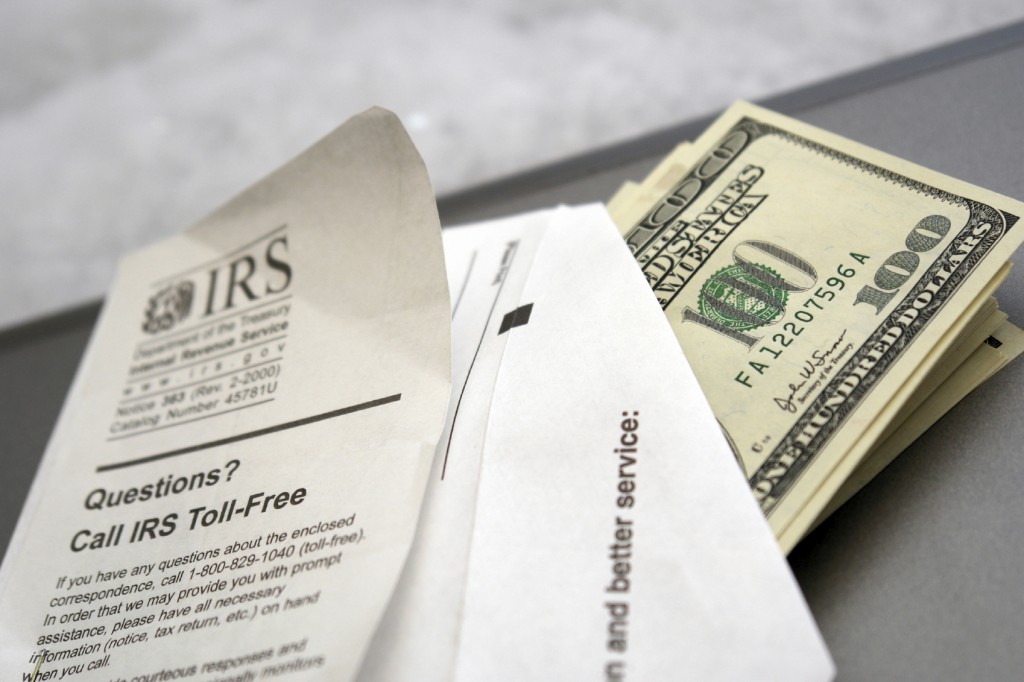
Every year during tax season, tens of thousands of American taxpayers receive threatening phone calls from scammers pretending to work for the IRS. If you receive such a phone call, you might be told to make immediate payments or face arrest and fines.
However, these phone calls violate established IRS procedures for contacting taxpayers, meaning they have giveaways that can help you protect yourself from fraud. According to the IRS, there are multiple ways to detect these common tax scams.
The IRS does not demand immediate payments: As scary as the IRS may be, it will never call up taxpayers and demand immediate payments. The IRS will give you opportunities to make payments. This is a federal tax collecting organization, not the Italian mob.
The IRS will not demand payments without providing an opportunity to appeal: As part of its established procedures, the IRS will give taxpayers an opportunity to appeal or question the amounts owed.
The IRS will not require limited or specific payment methods: If you receive a call from the IRS demanding a debit card payment, it’s a scam. The IRS will never demand specific payment methods. This is an attempt by the scammers to collect debit or credit card information to carry out identity theft. Furthermore, the IRS won’t ask for this information over the phone.
The IRS does not threaten taxpayers with immediate arrest: You will not be threatened with immediate arrest by the IRS for not paying. If there is a problem with your taxes, you will know before receiving a phone call. The IRS will contact you by mail first and still won’t threaten arrest.
Can IRS Tax Scams Occur Through the Mail or Email?
IRS tax scams can also occur through email or regular mail, so it is important for taxpayers to stay vigilant. Identity theft has serious consequences and can be a difficult crime to recover from financially. Continue following our blog for future updates on scams and how to protect yourself.
The Sader Law Firm is a Kansas City bankruptcy law office with decades of experience helping borrowers burdened by excessive debts.
 Book an
Book an Email
Email Directions
Directions







